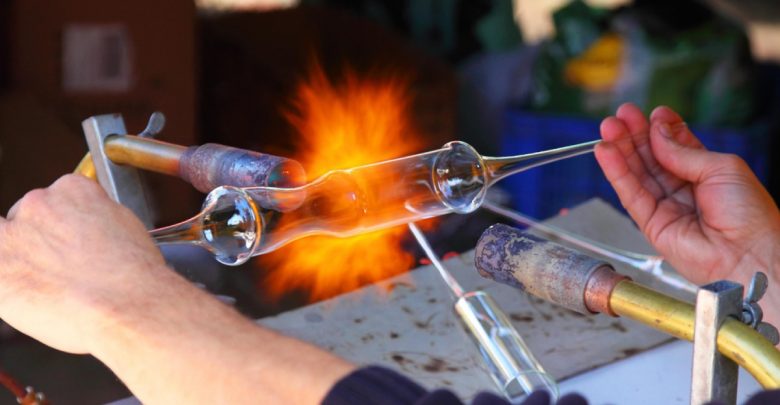Search Results for: Agne Kvikliene
-
Agne Kvikliene Contributor Articles from this author Agne Kvikliene Agne Kvikliene – professional IT project manager who sometimes works as a trainer helping people to build organizational changes, strategies and ensure the quality. She had been working with training programmes and coordinated national trainers’ pool at National Agency of EU programmes for youth. While having experience in training, educating people she…
Read More » -
Meet our trainers Darko Mitevski Trainer profile Dagna Gmitrowicz Trainer profile Jim Kleiber Trainer profile Leilani van Rheenen Trainer profile Donatas Petkauskas Trainer profile Federica de Micheli Trainer profile Antonio Jovanovski Trainer profile Meet our contributors Lauma Zubule Contributor profile Peter Hofmann Contributor profile Aleksandar Cickovic Contributor profile Martina Durljanova Contributor profile Vafire Muharemi Contributor profile Anamarija Velinovska Contributor profile…
Read More » -
Why did I choose this tool? I started to think about the way I choose this method and which factors are influencing me as a trainer to choose one or another method. Of course, the first place is for my educational/learning goal, what would I like to achieve and which method or methodology would fit to my learning goal the…
Read More » -
Why did I choose this tool? Before applying the methods, I think about all those aspects and even more (the checklist can be filled with more categories and questions). How does this apply to being a trainer? The checklist aims to prepare you as a trainer to understand the whole picture of your learning process and when bearing in mind,…
Read More » -
Quotations of participants of training courses: “Cool method – let’s do it”, “It has worked the last time – let’s do it again”, “Shall we try some new simulation?” This is exactly what you should not do. Different methods help a youth worker do specific pedagogic interventions. Methods are tools. One needs to be able to use it and know…
Read More » -
The most popular approach to the learning in youth trainings is the non-formal education and the appliance of its principles. It helps to design the training modules and to adapt, create a separate method for each training session. Why did I choose this tool? Non–formal education and its principles are more than methodology but I do believe in them and…
Read More » -
Why did I choose this tool? While working with groups I am thinking about the generic aim of the session and how to divide the program into those sessions. For example, I will have in my first day of training program, getting-to-know-each-other session, group building session or thematic session. According to the generic aim of the session and other conditions,…
Read More » -
It is an opportunity to use each other’s vision, experience and ideas in order to find new ways of addressing issues in your work context. In summary, Intervision is about: Inter-collegial consulting; in a work context; with colleagues, equals (not the formal hierarchy is important, but the felt freedom to speak up and show weakness); with a simple format and structure (and…
Read More » -
Why did I choose this tool? From our experience, we react differently to unpredicted situations. It depends on our previous experience with something similar, so if we had one, we will know how to react, or if we didn’t have that experience, we can choose different ways to react to the unpredicted situation. How does this apply to being a…
Read More » -
Why did I choose this tool? We introduce briefly seven elements of the improvisation and invite you to try out those elements by practicing. This exercise is excellent at freeing up random associations in your mind. It jogs your mind and makes it aware of possibilities you may have not considered. I sometimes do this as I’m walking to the…
Read More »







